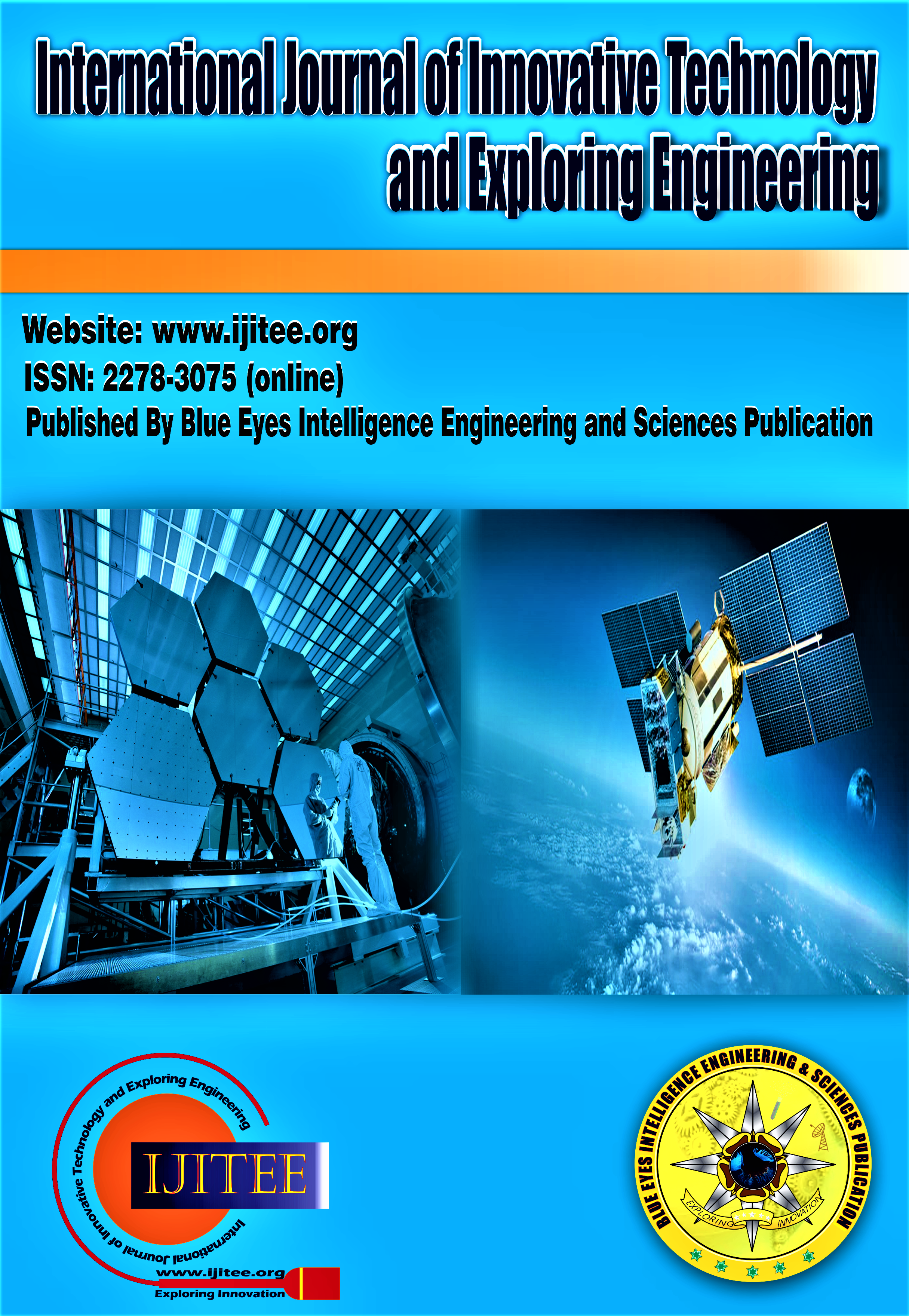Protocol for Vision-Based Tracking and Proportional Control in Quadcopter Follow-Me Applications
Main Article Content
Abstract
This paper presents the design and implementation of a real-time “Follow Me” protocol for a quadcopter using vision-based tracking and proportional control. The system enables a drone to autonomously follow a moving human subject using bounding box detections from an onboard AI-based object detection camera stream. The design extracts the width of the bounding box surrounding the target and uses it as a reference for distance. A proportional control algorithm maps the deviation of the observed width from a predefined ideal width into a corresponding pitch velocity, which is then converted to PWM signals to drive the drone. The control logic ensures that the drone maintains an optimal distance from the subject by dynamically adjusting its forward and backwards movement. Experimental results demonstrate a linear and monotonic relationship between the bounding box width and the drone’s pitch signal, validating the accuracy and responsiveness of the tracking system. The proposed system operates robustly in real-time and can be integrated into lightweight UAV platforms without requiring GPS or external localisation systems.
Downloads
Article Details
Section

This work is licensed under a Creative Commons Attribution-NonCommercial-NoDerivatives 4.0 International License.
How to Cite
References
W.-C. Chen, C.-L. Lin, Y.-Y. Chen, and H.-H. Cheng, “Quadcopter Drone for Vision-Based Autonomous Target Following,” Aerospace, vol. 10, no. 1, p. 82, Jan. 2023,
DOI: http://doi.org//10.3390/aerospace10010082
A. Barisic, M. Car, and S. Bogdan, “Vision-Based System for a Real-Time Detection and Following of UAV,” arXiv preprint arXiv:2205.00083, Apr. 2022. [Online]. Available: https://arxiv.org/abs/2205.00083
N. Pan, R. Zhang, T. Yang, C. Xu, and F. Gao, “Fast-Tracker 2.0: Improving Autonomy of Aerial Tracking with Active Vision and Human Location Regression,” arXiv preprint arXiv:2103.06522, Mar. 2021. [Online]. Available: https://arxiv.org/abs/2103.06522
Y. Li, C. Fu, F. Ding, Z. Huang, and G. Lu, “AutoTrack: Towards High- Performance Visual Tracking for UAV with Automatic Spatio-Temporal Regularization,” arXiv preprint arXiv:2003.12949, Mar. 2020. [Online]. Available: https://arxiv.org/abs/2003.12949
F. Schilling, F. Schiano, and D. Floreano, “Vision-Based Drone Flocking in Outdoor Environments,” arXiv preprint arXiv:2012.01245, Dec. 2020. [Online]. Available: https://arxiv.org/abs/2012.01245
J. Piquero, E. Sybingco, A. Chua, M. Say, C. Crespo, R. Rivera, M. A. Roque, and L. Ambata, “A Novel Implementation of an Autonomous Human Following Drone using Local Context,” Int. J. Autom. Smart Technol., vol. 11, no. 1, pp. 1–7, 2021,
DOI: http://doi.org/10.5875/ausmt.v11i1.2147
L. Yao, C. Fu, S. Li, G. Zheng, and J. Ye, “SGDViT: Saliency-Guided Dynamic Vision Transformer for UAV Tracking,” arXiv preprint arXiv:2303.04378, Mar. 2023. [Online]. Available: https://arxiv.org/abs/2303.04378
Y. Wu, Y. Sui, and G. Wang, “Vision-based Real-Time Aerial Object Localization and Tracking for UAV Sensing System,” arXiv preprint arXiv:1703.06527, Mar. 2017. [Online]. Available: https://arxiv.org/abs/1703.06527
J. Kim and D. H. Shim, “A Vision-Based Target Tracking Control System of a Quadrotor by Using a Tablet Computer,” in Proc. Int. Conf. Unmanned Aircraft Systems (ICUAS), 2013, pp. 1165–1170. [Online]. Available:
DOI: https://doi.org/10.1109/ICUAS.2013.6564808
O. D. Adekola et al., “Object Tracking-Based 'Follow-Me' Unmanned Aerial Vehicle (UAV) System,” Comput. Syst. Sci. Eng., vol. 41, no. 3, pp. 875–890, 2022.
DOI: https://doi.org/10.32604/csse.2022.021029
E. Nordberg et al., “Implementation of Video-based Person Tracking in a Drone System,” Independent thesis, 2021. [Online]. Available: https://www.diva-portal.org/smash/get/diva2:1563281/FULLTEXT01.pdf
T. Naseer, J. Sturm and D. Cremers, ”FollowMe: Person following and gesture recognition with a quadrocopter,” 2013 IEEE/RSJ International Conference on Intelligent Robots and Systems, Tokyo, Japan, 2013, pp. 624-630,





